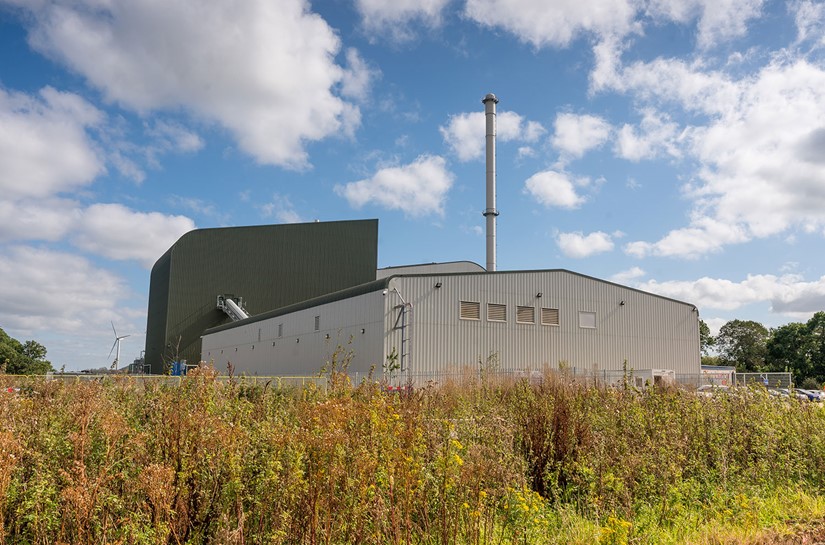Jayne Hennessy, Development Manager at Peel NRE, part of Peel L&P, looks at the role the waste and recycling sector can play in reaching our net zero carbon emission targets.
When it comes to reaching net zero, we often think of decarbonising industry, transport and electricity. What isn’t talked about as much is the role the waste sector can play in decarbonisation. The UK has set ambitious carbon reduction targets, and the recycling and waste management sector has a part to play.
The Environmental Services Association (ESA), the trade body representing the UK's resource and waste management industry, made a commitment to meeting this challenge in its recent publication, A net-zero greenhouse gas emissions strategy for the UK recycling and waste sector.
While the UK is targeting net zero carbon emissions by 2050, the ESA would like to reach this target by 2040. Reaching net zero is a big challenge but this is a mature industry, worth £7.8bn and employing around 123,000 people, that is continually evolving.
The ESA has predicted its members will invest £10bn in recycling infrastructure over the next decade. At Protos we are investing £165m in our first Plastic Park which will cluster together recycling and recovery technologies designed to get the most value from plastic waste. As well as technologies to recycle plastic waste, we’ll also be using end of life plastics to create hydrogen for use as a clean transportation fuel. Not only does diverting waste from landfill reduce methane emissions but growing the circular economy can reduce the exploitation of new fossil fuels.
It’s inevitable that there will be some form of carbon tax introduced, with energy recovery facilities likely captured by the UK Emissions Trading Scheme (ETS). Like the introduction of the landfill tax, this will drive change within the industry as we seek greater efficiencies and an even lower carbon intensity.
A carbon tax would drive innovation in the sector. Removing the non-biogenic fraction from the waste stream is a simple and easy way of decarbonising residual waste and increasing the recycling of plastic. There will be added emphasis on the collection of all plastic, which will increase levels of recycling but also incentivise more effective means of recovering energy from the unrecyclable fraction.
A technology that will play an increasingly important role going forward is carbon capture, utilisation and storage (CCUS). This can enable energy recovery facilities to become carbon neutral or even carbon negative.
We’ll be demonstrating how this could work at Protos in partnership with Bioenergy Infrastructure Group. We recently secured £250,000 from the Department of Business, Energy & Industrial Strategy’s (BEIS) Net Zero Innovation Portfolio for the Ince Bioenergy Carbon Capture and Storage project (InBECCS). The project will fund design work for a carbon capture demonstration facility at the operational biomass facility at Protos, which could capture over 7,000 tonnes of carbon every year.
The waste sector has always been more than just providing an essential service. For decades it’s been developing innovative technologies that reduce the impact of waste on the environment and maximise its value. This is just the next step and one that the sector is primed and ready to make.
